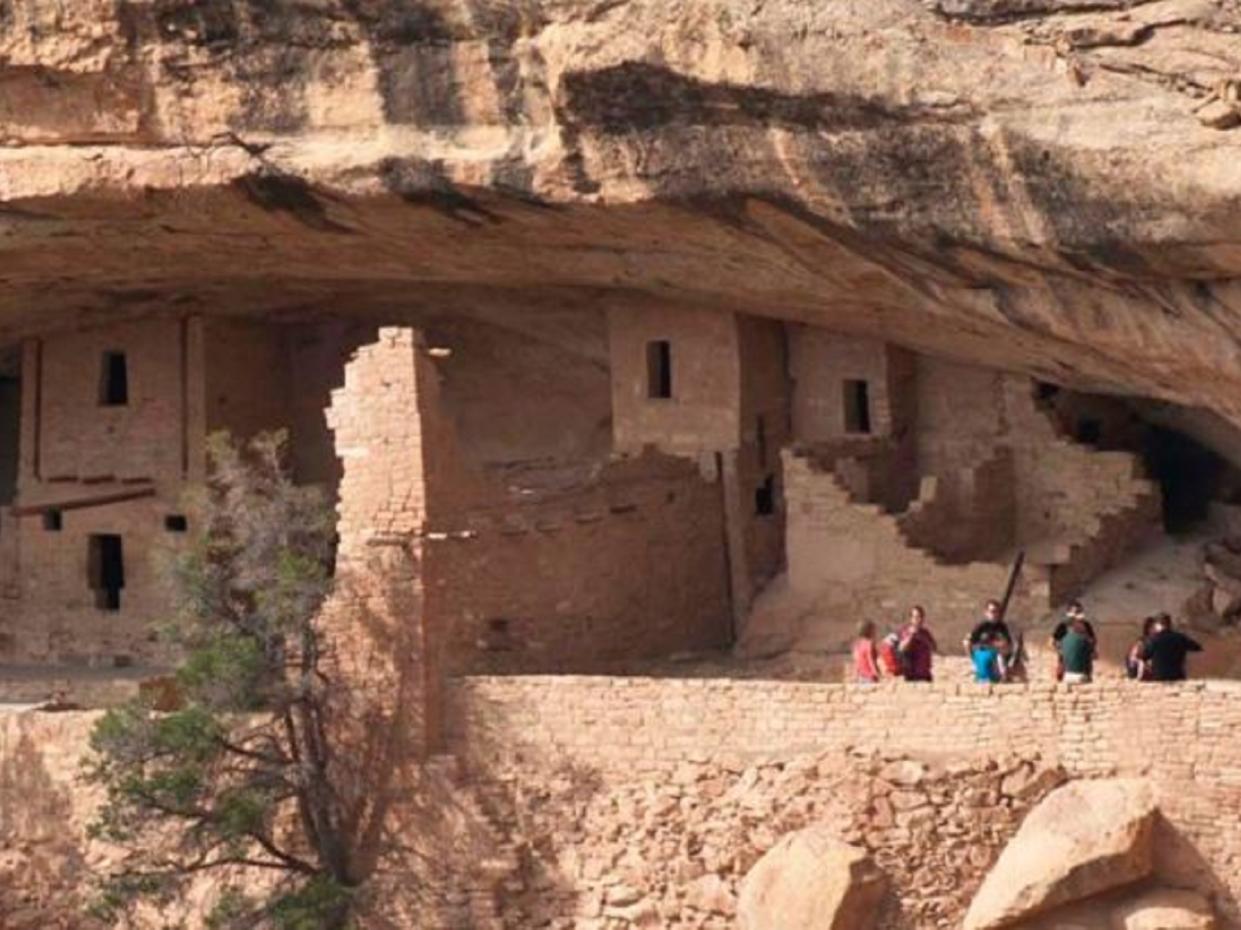Archaeologists discover evidence of a vanished civilisation from 1300s

Archaeologists may have discovered evidence of an ancient civilisation that disappeared from a corner of the southwestern US over seven centuries ago.
The exodus of the Ancestral Puebloans has baffled scientists for years after they vanished without a trace from Colorado's Mesa Verde National Park in the 13th Century.
One theory was the group - also known as the Anasazi - had simply migrated several hundred kilometres east.
Now scientists may have found the evidence to prove that theory by studying the genetic composition of ancient animal bones buried in the region.
Mitochondrial DNA from ancient turkey bones found there had been an influx of fowl in the late 1300s, and prior to 1280 the turkeys’ lineage had been different.
The evidence suggests the Anasazi suffered some kind of change in climate, political upheaval, drought or other during this time, lending weight to the theory that they migrated.
“Results are consistent with a large-scale migration of humans, accompanied by their domestic turkeys, during the 13th century CE,” researchers wrote.
“These results support scenarios that suggest contemporary Pueblo peoples of the Northern Rio Grande are biological and cultural descendants of Four Corners populations.”
The study titled “Prehistoric mitochondrial DNA of domesticate animals supports a 13th century exodus from the northern US southwest” was first published in the journal PlosOne.
Related:

